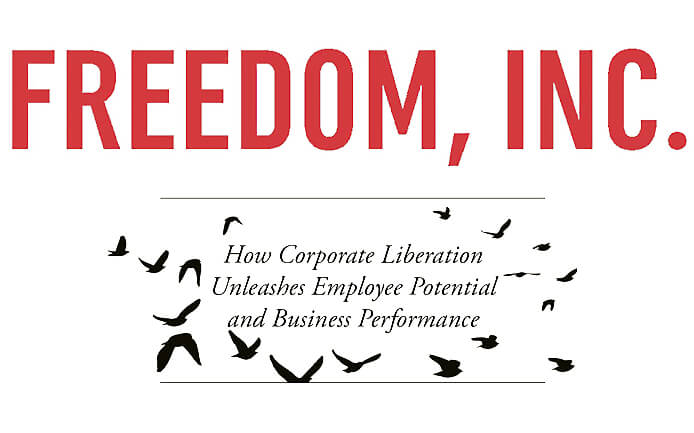 A Physicist Solves the City
A Physicist Solves the City
by Johan Lehrer
DECEMBER 17, 2010
Earlier, we wrote that 99 percent of large US firms do not survive for 40 years without having been either bankrupt or acquired as shown by business scholars Stubbart and Knight. We also pointed to the hierarchical bureaucracy as the main culprit. Here is a physicist who, using a very different scientific approach, comes to surprisingly similar conclusions. Below is the end of the article on his ideas.
This raises the obvious question: Why are corporations so fleeting? After buying data on more than 23,000 publicly traded companies, Bettencourt and West discovered that corporate productivity, unlike urban productivity, was entirely sublinear. As the number of employees grows, the amount of profit per employee shrinks. West gets giddy when he shows me the linear regression charts. “Look at this bloody plot,” he says. “It’s ridiculous how well the points line up.” The graph reflects the bleak reality of corporate growth, in which efficiencies of scale are almost always outweighed by the burdens of bureaucracy. “When a company starts out, it’s all about the new idea,” West says. “And then, if the company gets lucky, the idea takes off. Everybody is happy and rich. But then management starts worrying about the bottom line, and so all these people are hired to keep track of the paper clips. This is the beginning of the end.”
The danger, West says, is that the inevitable decline in profit per employee makes large companies increasingly vulnerable to market volatility. Since the company now has to support an expensive staff — overhead costs increase with size — even a minor disturbance can lead to significant losses. As West puts it, “Companies are killed by their need to keep on getting bigger.”
For West, the impermanence of the corporation illuminates the real strength of the metropolis. Unlike companies, which are managed in a top-down fashion by a team of highly paid executives, cities are unruly places, largely immune to the desires of politicians and planners. “Think about how powerless a mayor is,” West says. “They can’t tell people where to live or what to do or who to talk to. Cities can’t be managed, and that’s what keeps them so vibrant. They’re just these insane masses of people, bumping into each other and maybe sharing an idea or two. It’s the freedom of the city that keeps it alive.”
Read the full article here



